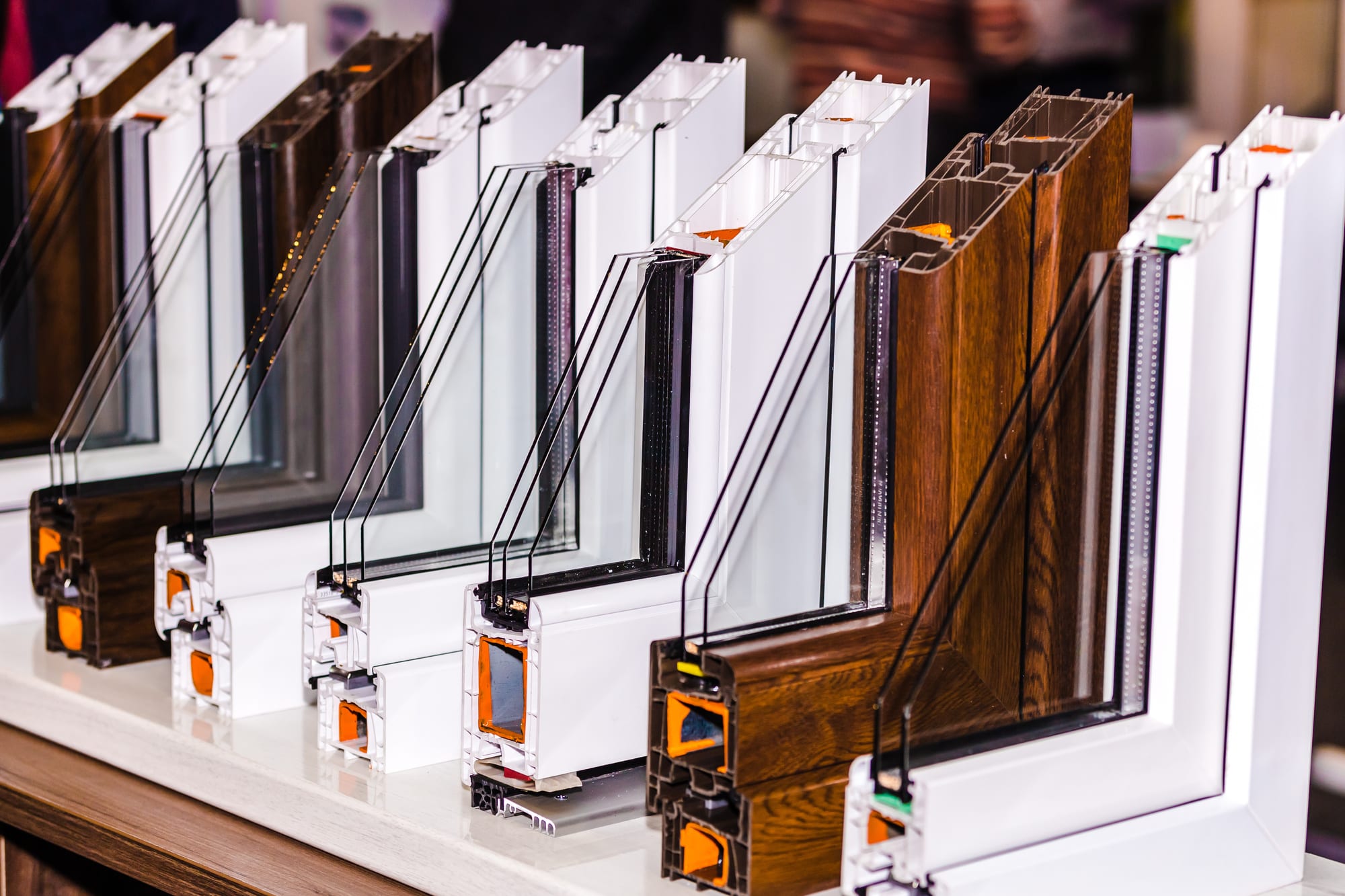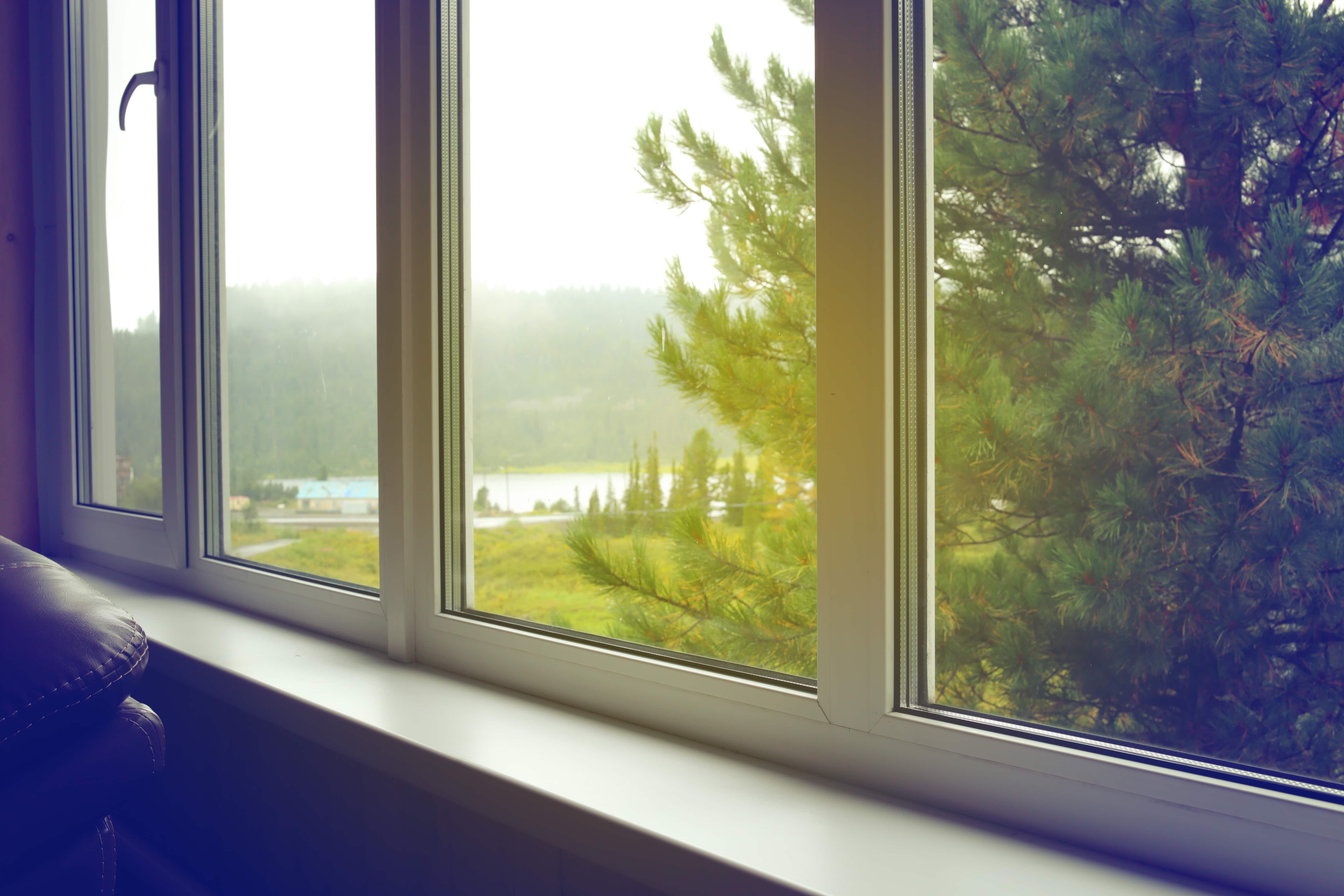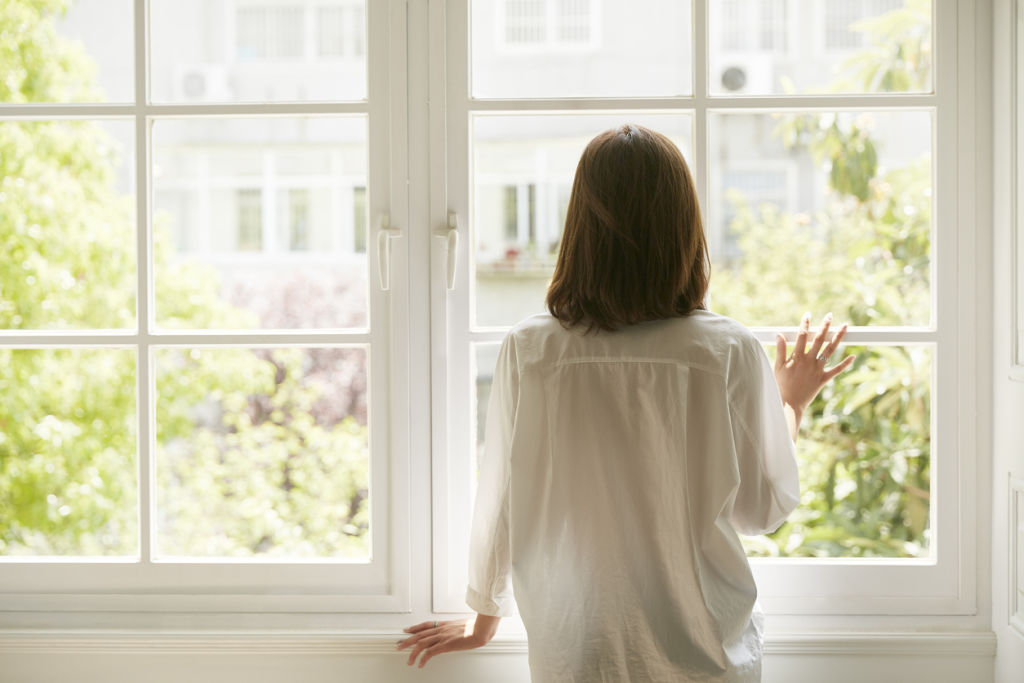All Categories
Featured
Table of Contents
Which Type Of Double Glazed Window Frame Is Right For You? in Wexcombe Western Australia
Laminated glass is typically used in areas in the house most susceptible to injury from human effect such as bathrooms, doors, around staircases and in areas near to the flooring (it satisfies the requirements of 'safety glass' that is mandated for usage in these areas by Australian Standard AS 1288 Glass in buildings).
Toughened glass has been 'tempered' by being reheated and quickly cooled once again. This procedure makes it much stronger than basic glass it can withstand greater impact loads prior to breaking. It also makes it safer due to the fact that, when it does shatter, it breaks into lots of little cubic pieces instead of unsafe fragments.
Keeping Your Cool: The Benefits Of Double Glazed ... in Palmyra Western Australia
However, toughened glass has no thermal or acoustic benefits over other glass of the same toning or thickness. Secondary glazing is where single-glazed windows are retrofitted with a transparent acrylic or glass sheet connected to the inside of the frame or openable sash with a secondary frame or with magnetic strips.


Secondary glazing will not perform also thermally as a manufactured IGU, since it is impossible to absolutely seal the border, but it can supply good sound control. Window movies are a thin polymer film including a soaking up color or reflective metal layer, with an adhesive support. They stay with your glazing to alter its colour or make it reflective.
Does Double Glazing Keep Heat Out in Como Perth
Applied to existing glass, some window films can cut in half the total SHGC of the window by soaking up and/or showing solar radiation. This can be especially advantageous in hotter climates where cooling is the main issue, or on east and west elevations directly exposed to long periods of sunshine. Window films may likewise lower noticeable light transmittance.

For this factor, it is normally best to utilize a certified installer of window film. Frames have a considerable effect on the thermal efficiency of windows and doors, due to the fact that energy can be gained and lost through the frame, along with through the glass. Various types of frame will allow different levels of heat gain and loss, so careful choice of frame is very important for reliable passive design.
Lifestyle - West Coast Double Glazing in Viveash Western Australia
Nevertheless, aluminium is also an extremely good conductor of heat and will reduce the insulating worth of a glazing unit, unless particularly crafted to lower this. A 'thermally broken' frame is made up of 2 aluminium sections connected by a structural insulator (normally a low-conductivity structural polymer). This 'breaks' the thermal connection through the aluminium and lowers the heat flowing through the frame.
Wood frames are a great natural insulator that can match some house styles. Lumber frames ought to be made from species that have naturally high toughness or be dealt with to avoid decay and contortion.
Improve Your Home's Energy Efficiency With Double Glazing in Cloverdale WA
This can result in gaps that enable air seepage unless excellent draught sealing (weather stripping) is installed. u, PVC is a form of plastic (unplasticised polyvinyl chloride, also referred to as stiff PVC). u, PVC frames provide outstanding thermal efficiency, typically better than timber or thermally damaged aluminium. u, PVC is long lasting and needs really little maintenance, and can be moulded into complicated profiles that offer outstanding air seals.
u, PVC doors and windows have excellent thermal efficiency Image: Ben Wrigley (Light Home Architecture and Science) Composite frames use aluminium profiles on the external sections with either a wood or u, PVC inner section. These combine the low maintenance and sturdiness of aluminium with much enhanced thermal efficiency.
Latest Posts
Double Glazed Windows: A Complete Guide in Sorrento Western Australia
Faq in Wellard Western Australia
Will Triple Glazing Make My House Warmer? in Darling Downs Perth